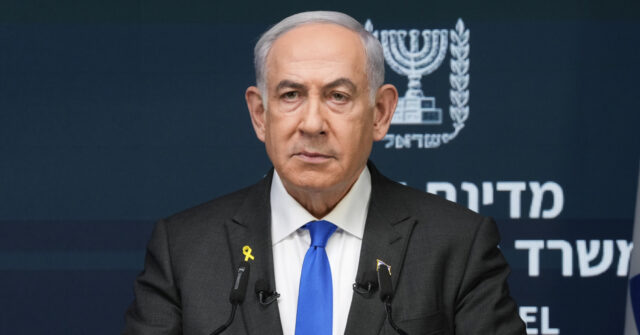Israeli Prime Minister Benjamin Netanyahu delivered a strong message following the death of Hamas leader Yahya Sinwar, emphasizing the need for justice against those threatening Israeli hostages. In a video address, he stated that Hamas members who release Israeli captives would be spared, while those who continue to pose a danger would be pursued relentlessly. This declaration came shortly after Israel’s military confirmed the killing of Sinwar during a gunfight in Gaza, marking a significant blow to Hamas leadership. Netanyahu’s wording underscored his position that the ongoing conflict would cease if Hamas surrendered and relinquished the hostages, who include citizens from various countries.
Reflecting on the atrocities committed by Hamas under Sinwar’s command, Netanyahu described the October 7 massacre as the most brutal attack on the Jewish people since the Holocaust. He outlined the horrors inflicted, including the killing of 1,200 people and the heinous acts of violence against victims including elderly individuals, children, and women. The Prime Minister noted that this day of evil not only resulted in immediate casualties but also led to the abduction of 251 hostages by Hamas operatives, underscoring the emotional and psychological toll on both the victims and their families.
Netanyahu’s announcement of Sinwar’s death was framed as a turning point in the campaign against terrorism in Gaza. He expressed assurance that while this was not the end of the fighting, it marked “the beginning of the end.” He relayed a message to the citizens of Gaza, indicating a path to peace—if Hamas ceased its aggression and returned the hostages. Netanyahu reaffirmed Israel’s commitment to every effort necessary to ensure the safe return of all hostages and emphasized the protection of life for those who cooperate in this mission.
In his broader remarks, Netanyahu highlighted the decline of what he termed the “axis of terror” orchestrated by Iran, which has long threatened regional stability. He proclaimed the downfall of key figures associated with this terror network, suggesting that the Iranian regime’s influence and its tyrannical grip on the region might soon unravel. His rhetoric called for unity among nations striving for a peaceful Middle East, aiming to foster collaboration that could transform the current landscape of fear and violence into one of hope and prosperity.
Moreover, Netanyahu’s proposition to Hamas operatives—who are now left without Sinwar’s leadership—represented a notable shift in tone. By offering a chance for reprieve in exchange for the release of hostages, the Prime Minister aimed to exploit potential divisions within Hamas. As calls for action against those holding hostages intensified, he sought to send a clear message: cooperation could lead to an end to hostilities, highlighting that the conflict’s resolution depended largely on Hamas’s choices.
Lastly, Netanyahu’s statements reflected a deep-seated resiliency among the Israeli populace against ongoing threats. In presenting both a message of vigilance toward Hamas members who would perpetuate violence and a beacon of hope for peace with those who would comply, he illustrated the complexity of Israel’s current national narrative. By balancing aggression with openness to dialogue, Netanyahu encapsulated the challenges faced, while simultaneously inspiring a vision for a peaceful future built on mutual respect and security in the Middle East.

